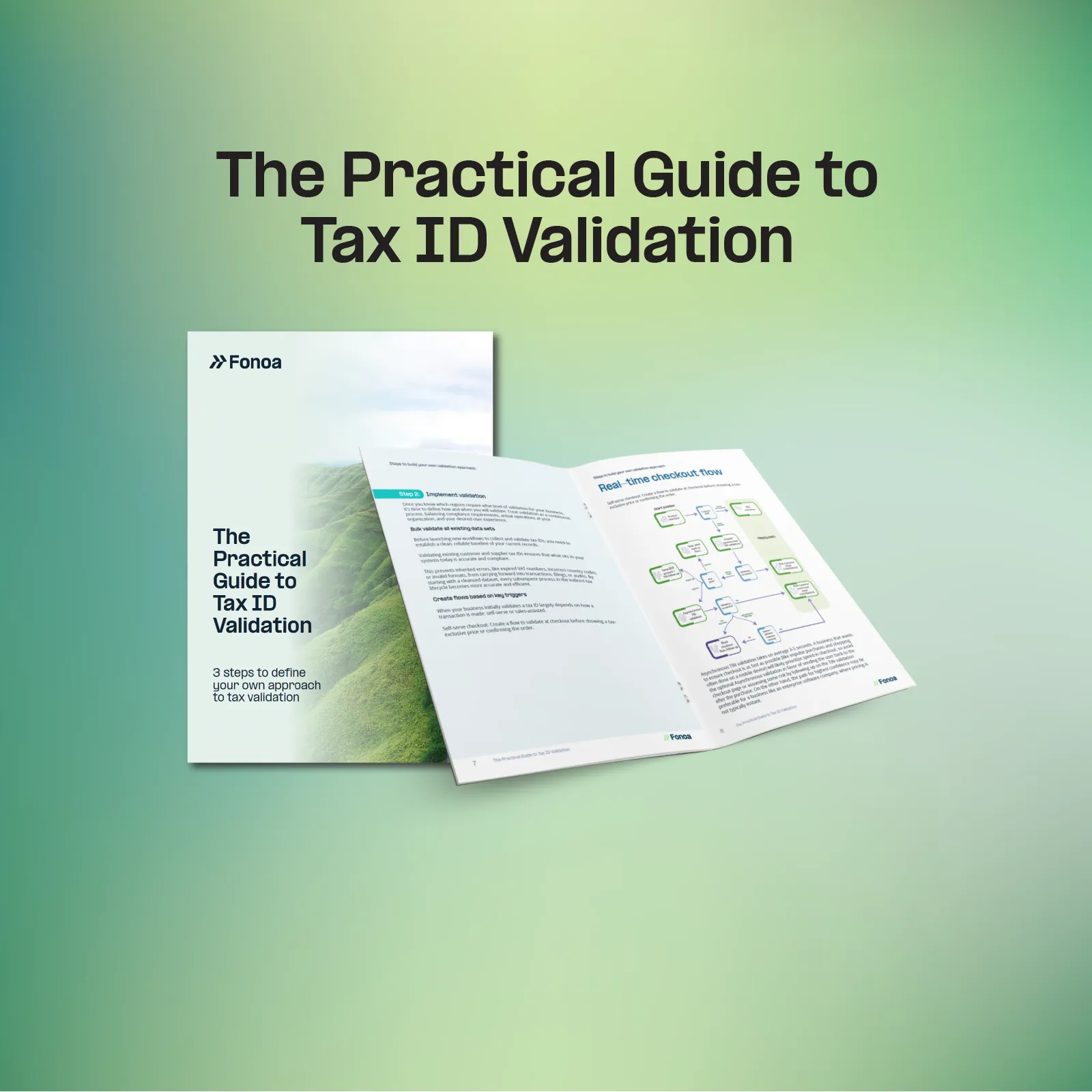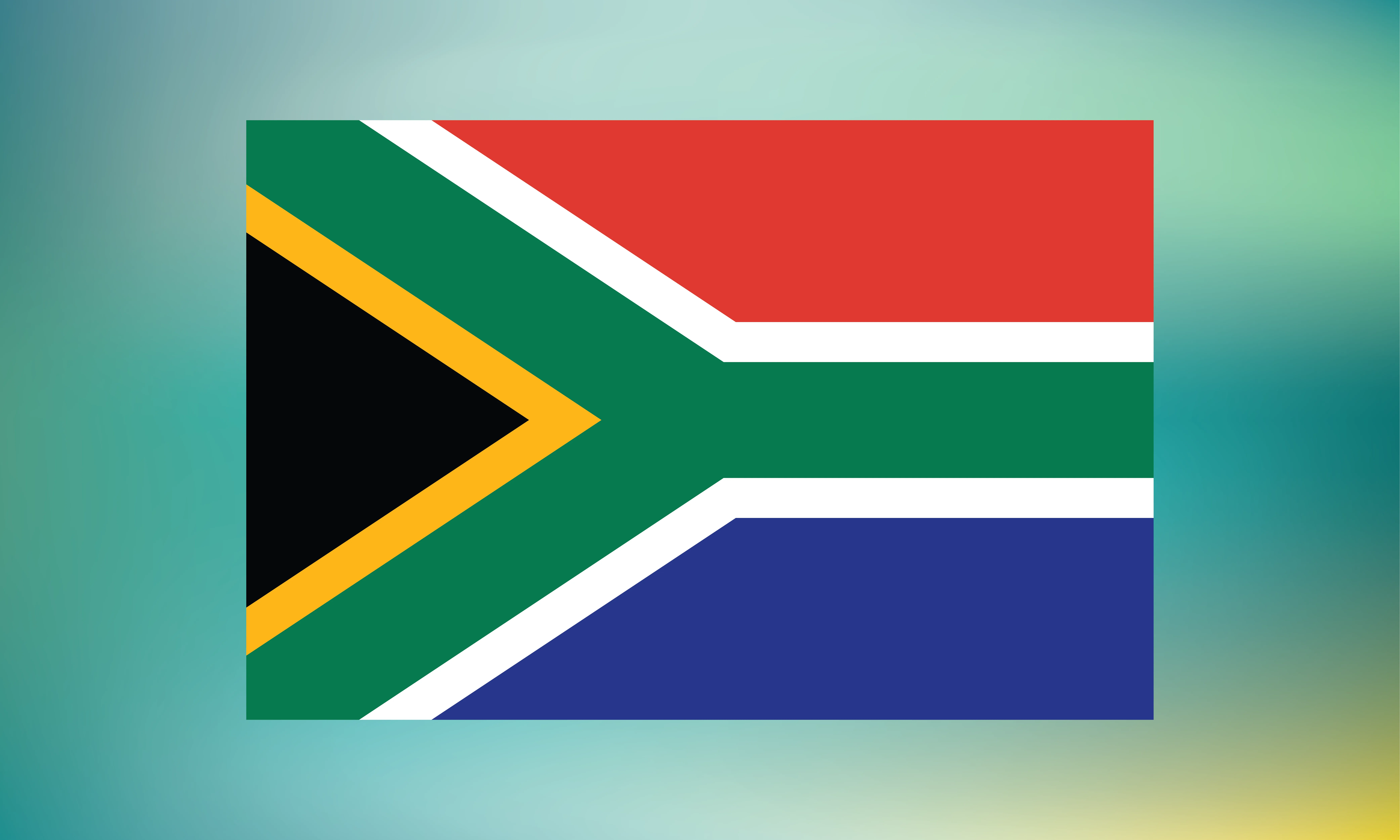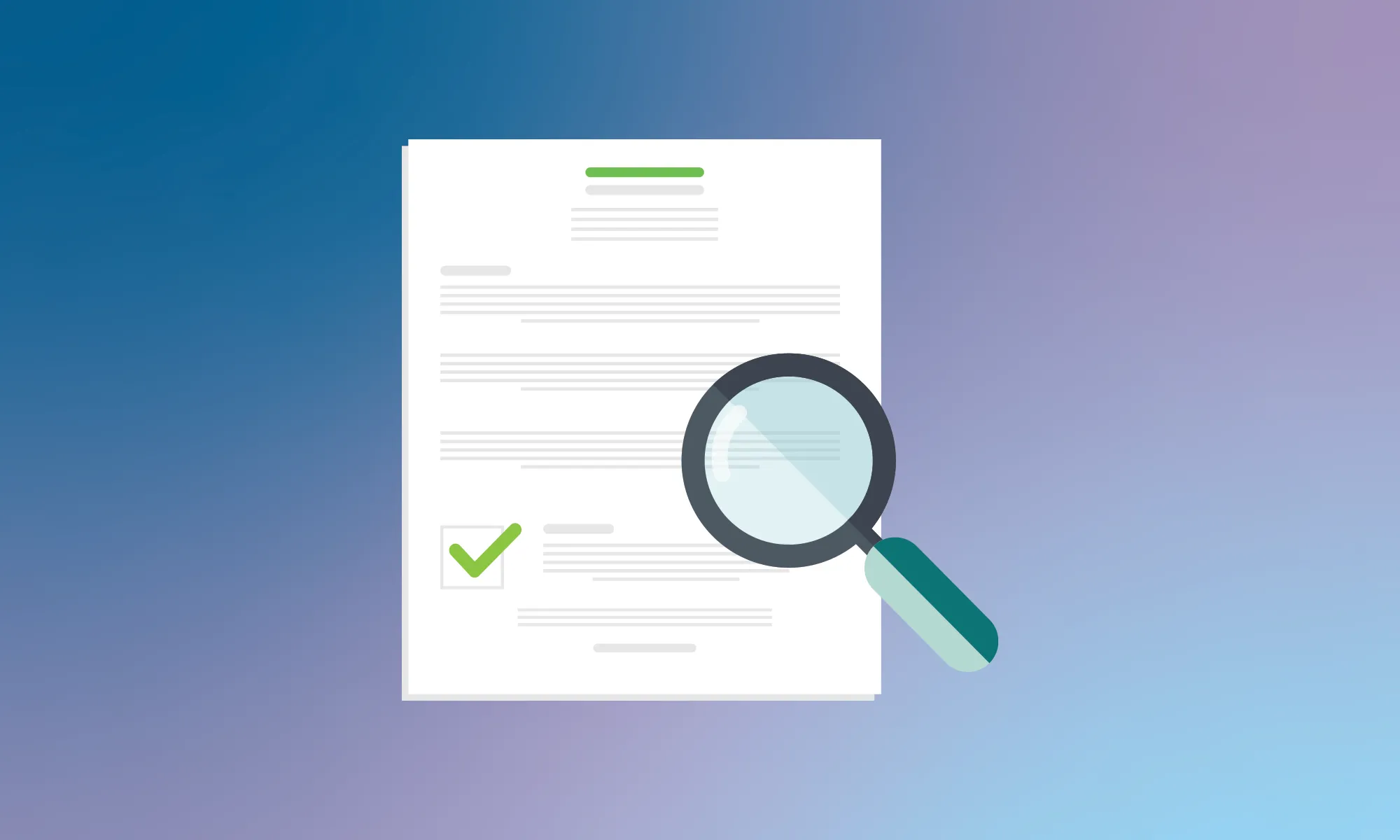If you sell goods and provide services in Canada, it is likely that you should charge customers the Goods and Services Tax (GST) or the Harmonized Sales Tax (HST) unless your business qualifies as an exception. It can cause a lot of headaches and endless hours of research to understand and comply with the complex Canadian rules and regulations and charge GST/HST properly. As a business owner, it is important to know when you need a GST/HST registration, when to charge and collect GST/HST, and how much to charge.
Look no further; we got you covered and have everything you need in this comprehensive guide.
👉 Check our blog if you would like to learn more about which countries have GST.
Registration for GST/HST
Before charging GST/HST, a business must register for a GST/HST account with the Canada Revenue Agency (CRA). The CRA assigns a 9-digit unique Business Number (BN) to identify the business. If a business's worldwide sales exceed $30,000 in a single calendar quarter, they are required to register for GST/HST. This threshold also applies to non-resident businesses providing taxable supplies in Canada. However, even if a business's sales are below $30,000, they may choose to voluntarily register for GST/HST to take advantage of input tax credits (ITCs) and claim back the GST/HST paid on business expenses.
Charging GST, HST and Provincial Sales Tax Rates in Canada
Once a business is registered for GST/HST, it must charge the appropriate rate of GST/HST on taxable supplies of goods and services made in Canada. The current GST rate is 5%, while the HST rate varies by province. The following table shows the HST rates for each province:
Canada imposes a sales tax at the Federal level by the Federal government, called the GST. The standard rate of GST is 5%. Certain provinces levy an additional Provincial Sales Tax, which is combined with the GST rate and is referred to as HST. There are two HST rates, in general, 15%, except for Ontario, where it is 13%. HST applies to the same base of goods and services as GST.
British Columbia, Manitoba, and Saskatchewan continue to impose their own Provincial Sales Tax (PST), separate from but in addition to the federal GST rate. In Manitoba, the PST is in reality called Retail Sales Tax (RST).
Revenue Quebec has implemented its own sales tax called the Quebec Sales Tax (QST). QST is levied separately from but in addition to the federal GST rate.
When charging GST/HST to your customers, it is essential to know what type of supply you are making and where the place of supply is. This information will determine where and how much GST/HST you should charge and collect from your customers.
Exceptions for charging GST/HST
It's important to note that certain supplies are exempt from GST/HST. Such exemptions apply to most health and medical services, certain educational services, and most financial services. Additionally, there are certain zero-rated supplies, meaning that they are subject to GST/HST at a rate of 0%, such as exports and certain basic groceries.
Additionally, small businesses are not required to charge HST/GST on their sales. A small supplier is a business whose worldwide sales are less than $30,000 over four consecutive calendar quarters and is not registered for GST/HST.
Invoicing and Record-Keeping
When charging GST/HST, depending on the taxable sales value, businesses must include the appropriate amount of GST/HST on their invoices. The invoice must also include the business's GST/HST number, the date of the invoice, and a description of the goods or services provided.
Businesses must also keep records of all GST/HST charged and collected, as well as any GST/HST paid on business expenses. Generally, these records must be kept for at least six years from the end of the last fiscal year they relate to.
Filing GST/HST Returns
As a business owner, you'll need to file GST/HST returns with the CRA on a regular basis. The frequency of your filing depends on the amount of GST/HST you collect. The filing deadline will be different depending on the reporting period.
Once the Canada Revenue Agency (CRA) receives your GST/HST return, the CRA will send you a notice of assessment if either:
- the CRA owes you a refund or rebate
- Or there is an additional payment to be made by the business.
Conclusion
In conclusion, charging GST/HST can be a complicated process, but it is an essential part of doing business in Canada. By understanding when to charge GST/HST and how much to charge, you can ensure that you're following the rules and keeping your business compliant with Canadian tax laws.
👉If you are interested to learn more, check out our Business Guide for Canada 🇨🇦
How can Fonoa help, and what do we offer?
At Fonoa, our team members have been confronted with and gone through these problems in real-life a lot in their careers. And that is why we take a different approach, focusing on solving the problems that in-house tax and finance teams face today.
Fonoa has developed a platform that allows companies to meet their tax compliance obligations globally in a rather plug-and-play manner. Our platform contains several solutions:
- Tax ID validation: Fonoa’s leading tax ID validation solution lets you check tax IDs directly with government databases in over 100 countries.
- Tax engine: To facilitate the efforts needed to determine the right tax rate that should be applied, Fonoa developed Fonoa Tax. The Fonoa Tax engine automatically determines the correct tax treatment for sales transactions anywhere in the world. After you provide minimal transaction data input, the tax engine will determine if the transaction is taxable, what tax rate applies, and the amount of tax that you need to charge for that transaction.
- Invoicing: Fonoa generates fully tax-compliant invoices in 100+ countries in over 50 different languages.
- E-invoicing and digital reporting: Fonoa gives you access to all e-invoicing and digital reporting jurisdictions through a single solution (API).
- VAT returns: Our team has developed a VAT/GST returns tool focused on collaboration, streamlining your process globally, and automating the actual tax compliance work and process.
The best part is that you can pick and choose which solution you need, in the countries you need them, for the transactions you want to cover.
Talk to us directly or follow Fonoa on LinkedIn to stay informed.
Additional Resources:

















